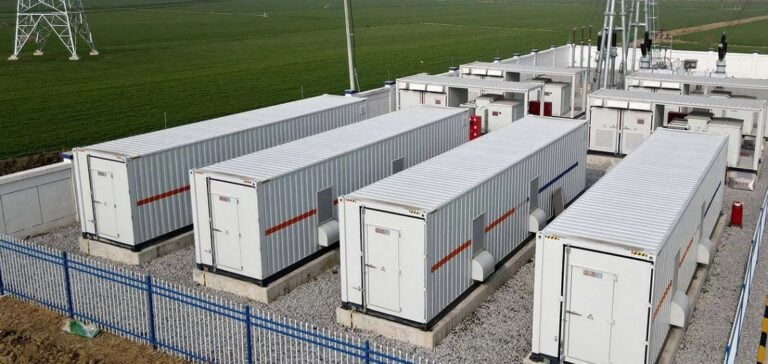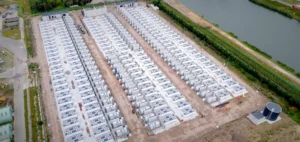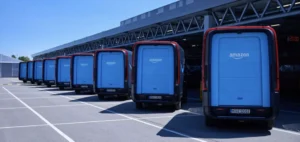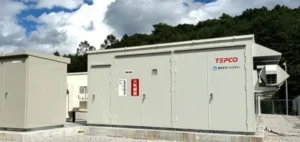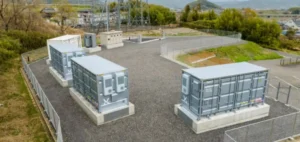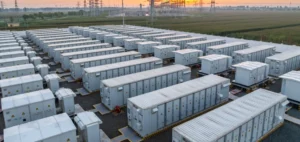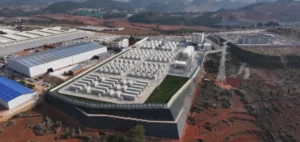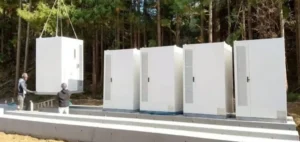EDF Renouvelables has announced the start of construction of Poland’s first high-capacity battery energy storage system (BESS). The project, with a capacity of 50 MW, will be located in the south-west of the country, in the Opole region. This development marks a significant step for Poland as it seeks to strengthen its power grid with flexible and reliable storage solutions.
The battery will be directly connected to the electricity grid, allowing electricity to be stored and released based on network demand. It will play a key role in balancing the grid, enabling the management of fluctuations in electricity production and consumption. Scheduled to be operational by the fourth quarter of 2025, this installation is viewed as a critical component in developing a more resilient energy system in Poland.
This project, unprecedented in scale within the country, paves the way for further growth in the Polish energy storage sector, which is expanding rapidly. Such systems are essential to support Poland’s efforts to diversify electricity generation sources and reduce its reliance on fossil fuels.
Two more storage projects under development
EDF Renouvelables is expanding its operations in Poland with two additional energy storage projects. The first is located in Kobiernice, with a planned capacity of 120 MW, while the second, near Turzyn, is expected to have a capacity of 200 MW. Their commissioning is scheduled for mid-2027 and late 2028 respectively. These projects will complement the initial development and further contribute to the modernisation of the Polish electricity grid.
EDF Renouvelables holds a project portfolio of 1 GW in generation and storage capacity in Poland. The company, present in the country for 14 years, has established itself as a key player in the renewable energy sector, with a focus on onshore wind, solar, and battery storage technologies.
Statement from management
Alicja Chili?ska-Zawadzka, Director of EDF Renouvelables Poland, stated that this large-scale storage project is a direct response to some of the most pressing challenges in Poland’s energy transition. “This project is our response to some of the most pressing challenges faced by the energy transition in Poland,” she said, highlighting the strategic significance of the initiative for the country’s energy future.


